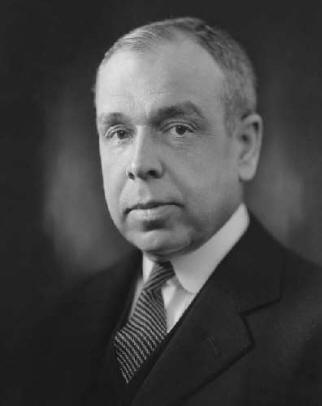 In light of a wonderful study this morning on J. Gresham Machen, here are a few quotes from this stalwart of the faith:
In light of a wonderful study this morning on J. Gresham Machen, here are a few quotes from this stalwart of the faith:
“Place the lives of children in their formative years, despite the convictions of their parents, under the intimate control of experts appointed by the state, force them to attend schools where the higher aspirations of humanity are crushed out, and where the mind is filled with the materialism of the day, and it is difficult to see how even the remnants of liberty can subsist.”
“For Christians to influence the world with the truth of God’s Word requires the recovery of the great Reformation doctrine of vocation. Christians are called to God’s service not only in church professions but also in every secular calling. The task of restoring truth to the culture depends largely on our laypeople.
To bring back truth, on a practical level, the church must encourage Christians to be not merely consumers of culture but makers of culture. The church needs to cultivate Christian artists, musicians, novelists, filmmakers, journalists, attorneys, teachers, scientists, business executives, and the like, teaching its laypeople the sense in which every secular vocation-including, above all, the callings of husband, wife, and parent–is a sphere of Christian ministry, a way of serving God and neighbor that is grounded in God’s truth. Christian laypeople must be encouraged to be leaders in their fields, rather than eager-to-please followers, working from the assumptions of their biblical worldview, not the vapid clichés of pop culture.”
“The Gospel does not abrogate God’s law, but it makes men love it with all of their hearts.”
“The more we know of God, the more unreservedly we will trust him; the greater our progress in theology, the simpler and more child-like will be our faith”

 Evangelicals overall do a fine job at defending the trivial but struggle to defend the hard things. Machen observed long ago in his monumental Christianity and Liberalism that “it appears that the things that are sometimes thought to be hardest to defend are also the things that are most worth defending (8).”
Evangelicals overall do a fine job at defending the trivial but struggle to defend the hard things. Machen observed long ago in his monumental Christianity and Liberalism that “it appears that the things that are sometimes thought to be hardest to defend are also the things that are most worth defending (8).”